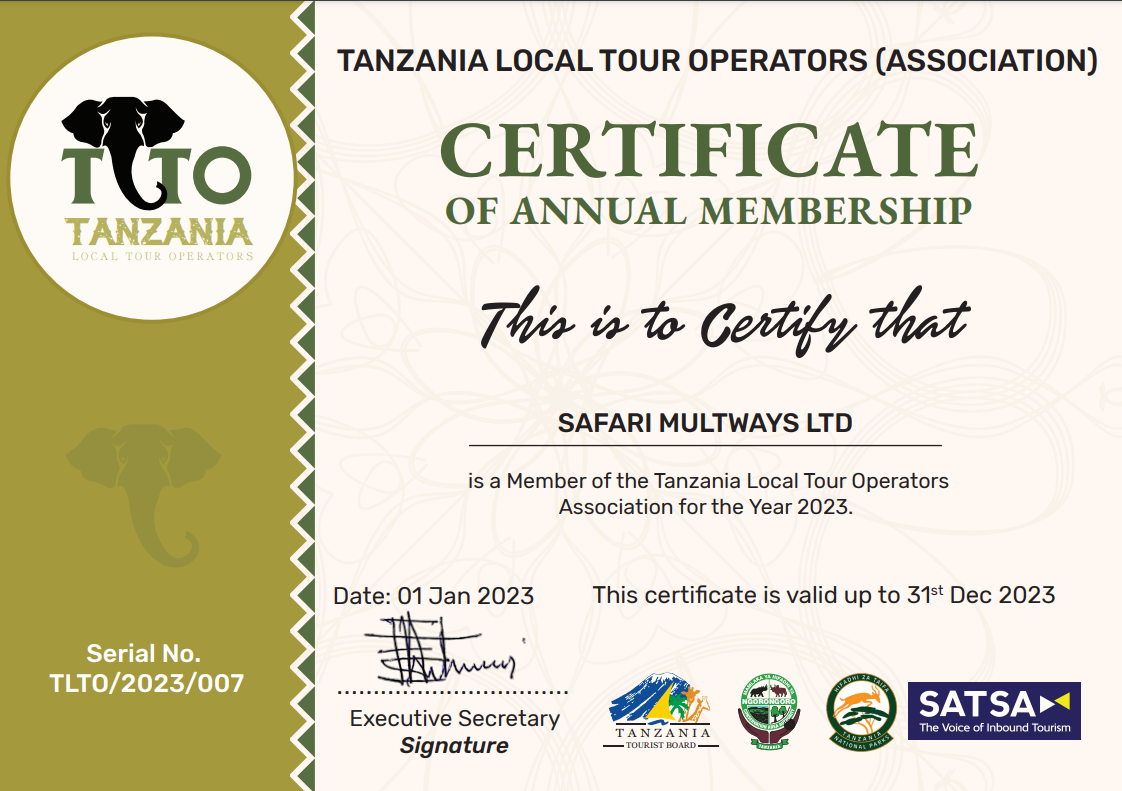Embracing Tradition: Tanzanian Cultural Norms
Celebrating Tanzanian Heritage
Tanzania, known for its breathtaking landscapes, diverse wildlife, and vibrant culture, is a melting pot of traditions and customs that have been passed down from generation to generation. From the rhythmic beats of traditional music to the colorful attire worn during celebrations, Tanzanian cultural norms are a vital part of the country’s identity.
One of the most distinctive aspects of Tanzanian culture is its emphasis on community and family. In Tanzania, family ties are strong and extended families often live together or in close proximity. This sense of community is reflected in the way that Tanzanians come together to celebrate important events such as weddings, births, and festivals.
Traditional dances and music play a significant role in Tanzanian culture, with each region of the country having its own unique style. From the energetic drumming of the Chaga people in the north to the graceful movements of the Makonde people in the south, Tanzanian music and dance are a vibrant expression of the country’s rich cultural heritage.
Embracing Time-Honored Customs
In Tanzania, certain customs and traditions have been practiced for centuries and are still a central part of daily life. One such tradition is the importance of respecting elders and following their guidance. Elders are highly respected in Tanzanian society and their wisdom and experience are valued by younger generations.
Another time-honored custom in Tanzania is the practice of gift-giving. In Tanzanian culture, it is customary to give gifts as a sign of respect and gratitude. Whether it’s a small token of appreciation or a more elaborate gesture, gift-giving plays an important role in fostering positive relationships and strengthening social bonds.
Tanzanian cuisine is another aspect of the country’s culture that reflects its rich history and diverse influences. Traditional Tanzanian dishes such as ugali (a staple made from maize flour), pilau (spiced rice), and nyama choma (grilled meat) are enjoyed by people of all ages and are often served during special occasions and celebrations.
Despite the modernization and globalization that have impacted Tanzania in recent years, many Tanzanians continue to embrace their cultural traditions with pride and enthusiasm. From the colorful fabrics of the kanga and kitenge worn by women to the lively street markets filled with traditional crafts and goods, Tanzanian culture is alive and thriving in every corner of the country.
In conclusion, embracing tradition and cultural norms in Tanzania is not just a way of preserving the past, but also a way of celebrating the unique identity and heritage of the country. By honoring the customs and practices that have been passed down through generations, Tanzanians continue to connect with their roots and build a strong sense of community and belonging. So let’s raise a glass of mbege (traditional banana beer) and toast to the rich and vibrant cultural tapestry that is Tanzania!



